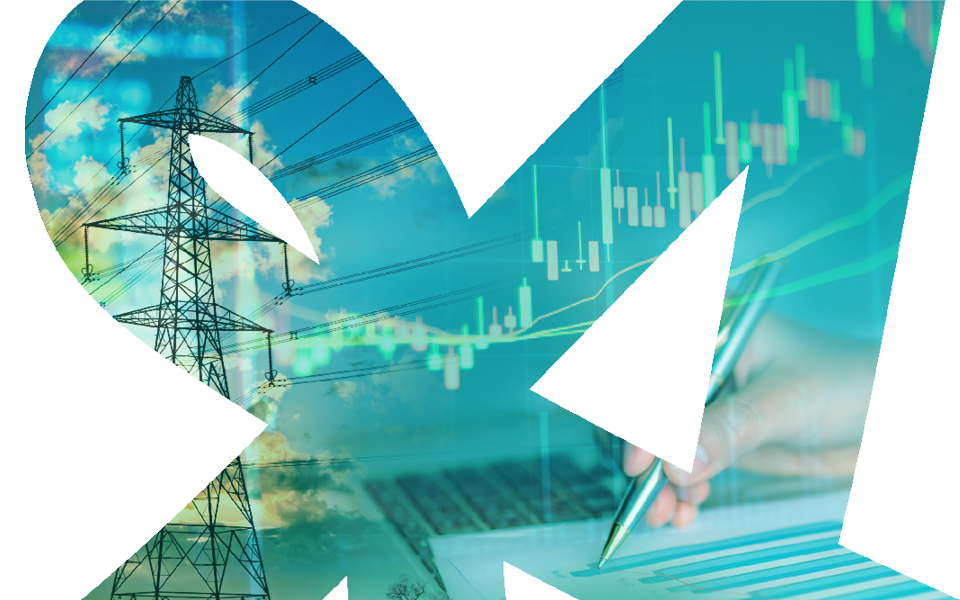The surge in power prices seen in Autumn 2021 was well publicised and markets have since dropped, however, wholesale energy prices still remain extremely volatile and remain historically high.
In this article, we will provide a quick summary of the factors currently dictating energy price movements in the UK and in Europe at the start of 2022.
Russia - What is the European gas supply situation?
Russia will always have a major say in global markets and politics but the recent tensions with Ukraine are impacting energy markets more than ever. This is because gas flows into Europe could decrease significantly if the situation worsens, while the future of the Nord Stream 2 pipeline is also uncertain, with some world leaders fearing Russia could use it as a ‘political weapon’.
Countries such as Germany, Sweden and Finland are heavily reliant on Russian gas imports and if supply levels decrease, this would have a knock-on effect for the UK as there would be less surplus gas supply to export to the British Isles.
The Lifting of the Price Cap - Are energy prices set to rise?
Ofgem has announced that it will lift the price cap for wholesale energy prices in April which will result in a strong increase, impacting domestic and business consumers, alike.
This, combined with high inflation will test each sector in the UK, from retailers, to manufacturers, with public spending power expected to weaken over the next year. Therefore, budgeting for the next financial year and preparing for an increase in your energy spend is vital to protect your organisation.
Commodities - Are oil markets still increasing?
Oil prices have climbed above $90/b and could surpass the $100/b barrier in the coming months, this would be the first time oil prices have exceeded $100/b for 8 years.
It was hoped that a deal could be agreed to lift sanctions on the Iranian nuclear programme which would reduce the nation’s reliance on crude oil, resulting in more excess oil hitting the global market. However, talks have stalled and the US is reluctant to give into Iranian demands.
Meanwhile, carbon markets have reached a record high as the price of natural gas has soared, resulting in more coal-fired generation and a clamour for carbon allowance permits – creating somewhat of a vicious cycle.
Weather - Is there enough supply to meet demand?
Weather forecasts are perhaps less responsible for price increases, compared to the factors above, but nonetheless, weather is still a contributing variable for movement on energy markets.
Current forecasts suggest that a cold snap is set to hit the UK and a prolonged winter is possible which would put on a strain on UK demand levels, at a time when energy is very expensive and incoming supply is limited.
If you would like to learn more about how to limit the impact of rising energy markets, then get in touch with one of our energy consultants today to discuss your options. Call us on 01257 239500, or fill out a call back request here.
You can also keep track of energy prices using the Zenergi Market Watch website, providing daily price updates and analysis.



